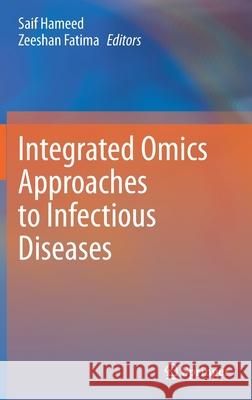Integrated Omics Approaches to Infectious Diseases » książka
topmenu
Integrated Omics Approaches to Infectious Diseases
ISBN-13: 9789811606908 / Angielski / Twarda / 2021 / 542 str.
Kategorie BISAC:
Wydawca:
Springer
Język:
Angielski
ISBN-13:
9789811606908
Rok wydania:
2021
Wydanie:
2021
Ilość stron:
542
Waga:
0.95 kg
Wymiary:
23.39 x 15.6 x 3.17
Oprawa:
Twarda
Wolumenów:
01
Dodatkowe informacje:
Wydanie ilustrowane











